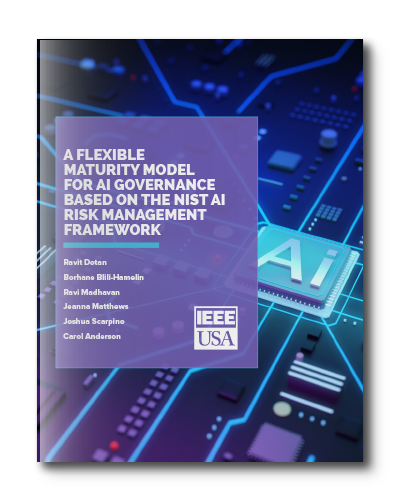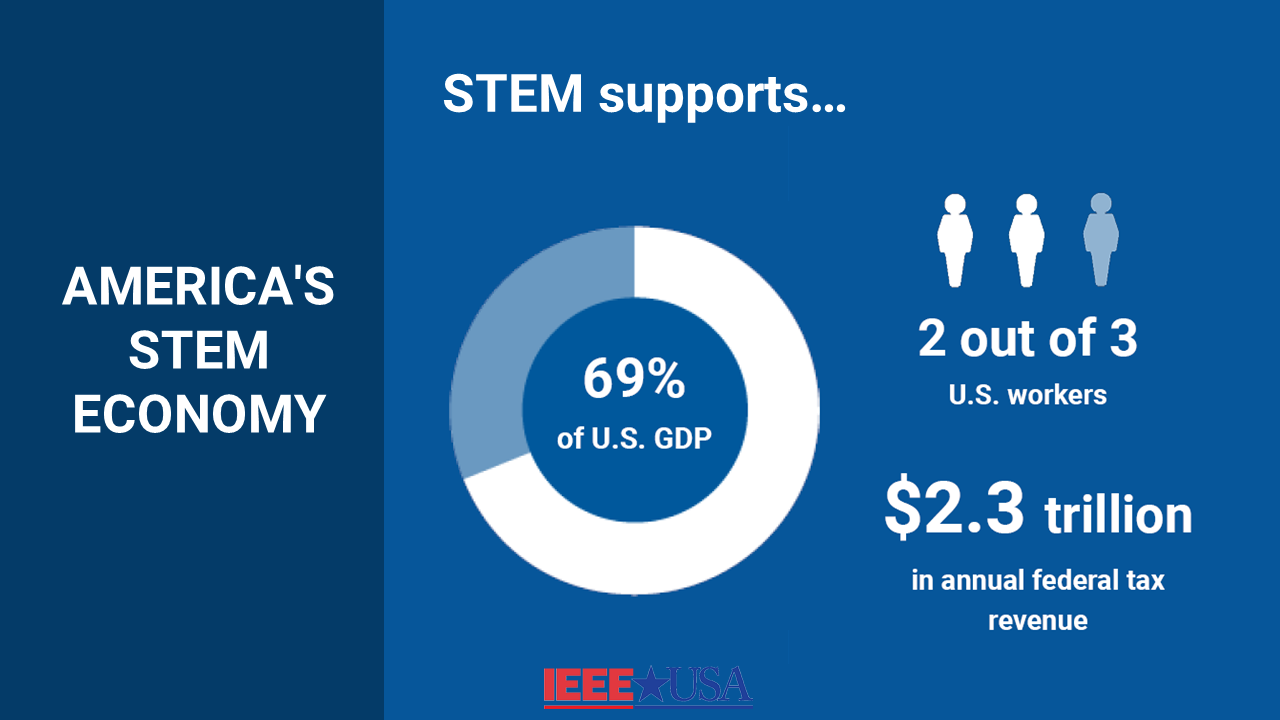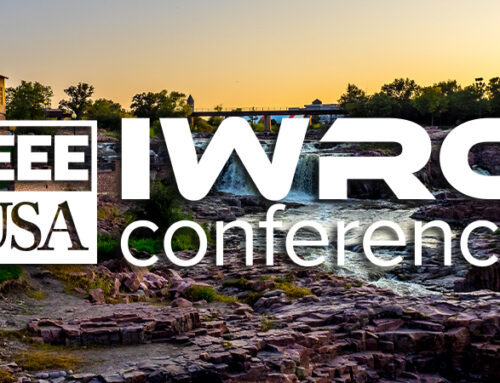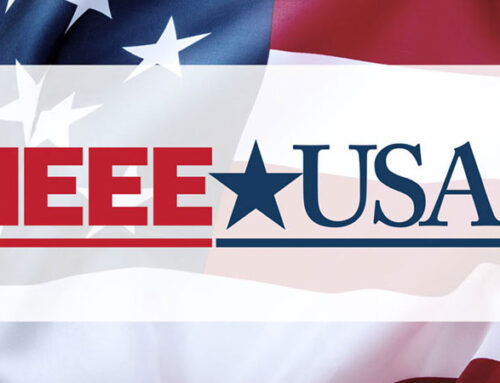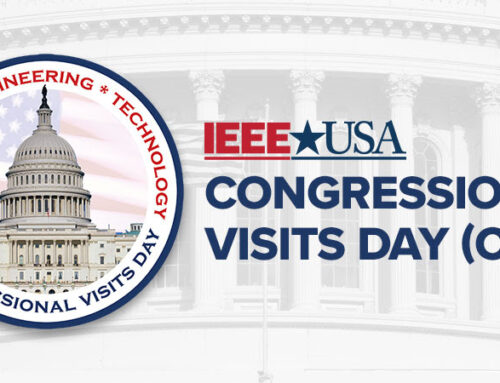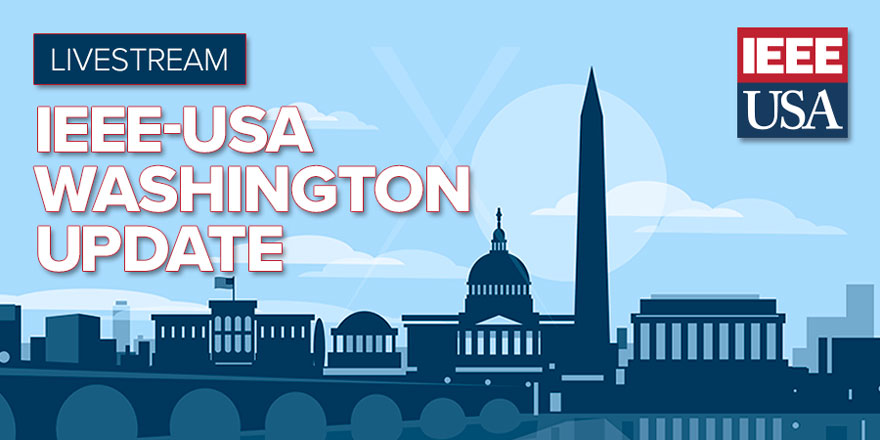New analysis finds that six in ten U.S. STEM professionals do not hold a bachelor’s degree
WASHINGTON (28 January 2020) – A new analysis released yesterday finds that 67% of U.S. jobs and 69% of the nation’s gross domestic product (GDP) are supported by science, technology, engineering and mathematics (STEM). The analysis, conducted by FTI Consulting on behalf of 10 leading U.S. scientific, engineering and industry organizations including IEEE-USA, found that STEM supports an outsized share of the U.S. economy and produces $2.3 trillion in federal tax revenue annually.
The analysis—STEM and the American Workforce—takes one of the most inclusive views of the scientific workforce to date, factoring in jobs that rely on STEM fields regardless of the level of education obtained by the employee and finds that six in ten U.S. STEM professionals do not hold a bachelor’s degree.
This analysis shows that STEM workers in the United States encompass more than the rocket scientists or software engineers often associated with science-driven jobs by including skilled Americans with diverse academic backgrounds and thereby capturing the STEM professionals working in every segment of our economy. The analysis also demonstrates the value of our universities in underpinning the STEM workforce, the benefits of continued robust federal support for science and engineering research and the inclusive nature of the boom in STEM across America.
The analysis reviewed 819 occupations as defined by the Bureau of Labor Statistics and aggregated data using the IMPLAN model. It also examined direct and indirect STEM employment and economic output across the U.S.
Key findings of the analysis include:
- Of the 195.8 million jobs identified across 819 occupations, 64 million or 33% were direct high-skilled STEM professions.
- 59% of direct U.S. STEM professionals do not hold a bachelor’s degree.
- STEM supports $2.3 trillion in annual federal tax revenue (69%).
The analysis was led by the Aerospace Industries Association, American Association for the Advancement of Science, American Chemical Society, American Geophysical Union, American Physical Society, Consortium of Social Science Associations, Council on Competitiveness, Federation of American Societies for Experimental Biology, IEEE-USA and the Semiconductor Industry Association. The analysis was supported by grants from the David and Lucile Packard Foundation and the Rita Allen Foundation.
###
About IEEE-USA:
IEEE-USA serves the public good and promotes the careers and public policy interests of nearly 180,000 engineering, computing and technology professionals who are U.S. members of IEEE, the world’s largest technical professional organization.
Visit us online at ieeeusa.org, Follow us on Twitter, Like us on Facebook, Follow us on Instagram, check us out on LinkedIn, and listen to our podcast!
Contact:
Corey Ruth
Media Relations Associate, IEEE-USA Communications
202-530-8327
c.ruth@ieee.org
Russell Harrison
Director, IEEE-USA Government Relations
202-530-8326
r.t.harrison@ieee.org


